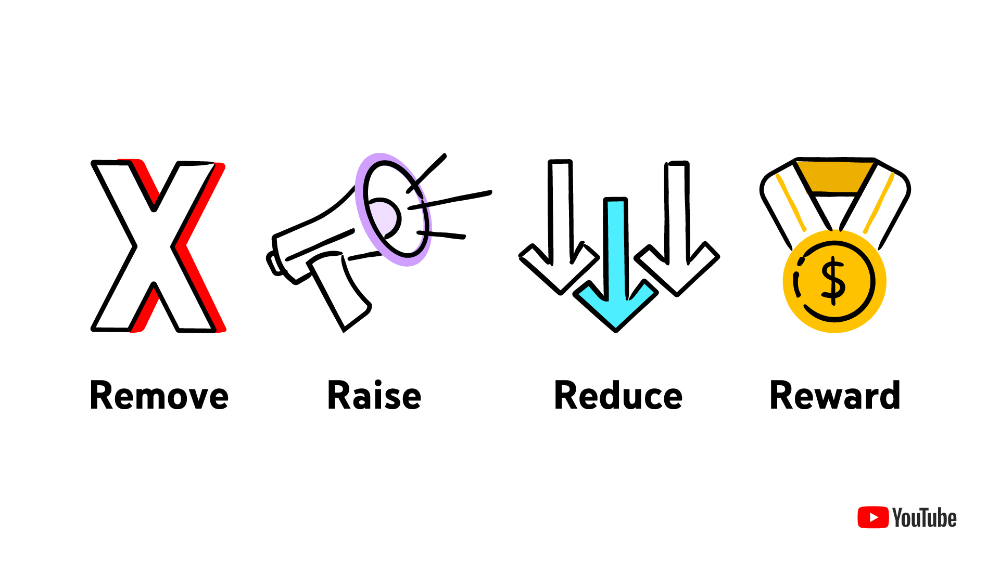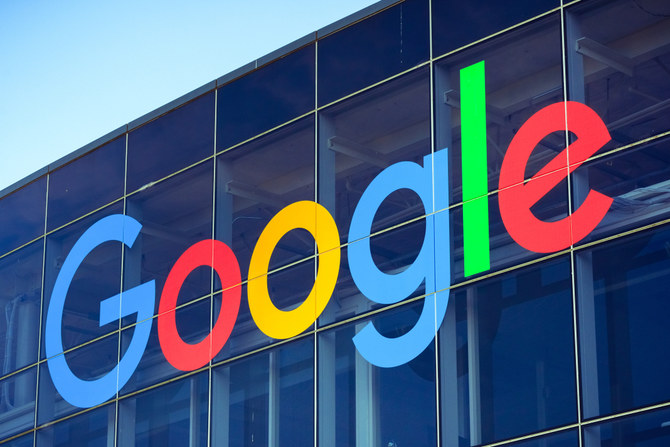DUBAI: YouTube reaffirmed its commitment to creators and users in the Middle East and North Africa region at a virtual event this week.
“With over 500 hours of content uploaded to YouTube every minute, creators around the world can share their voices and stories with the 2 billion monthly users who are on YouTube. And it’s no different in the MENA region. said Tarek Amin, Head of YouTube MENA, who led the event.
Citing a host of statistics to illustrate the importance to YouTube of content creators in the region, he said that two out of five Egyptians use YouTube; more than 80% of adults surveyed in Saudi Arabia agreed that they find useful tips on YouTube that help them learn new things; and 77% of people in the MENA region have used YouTube to learn a new skill.
Amin said “content creators are at the heart of YouTube” and the platform is committed to supporting the creative economy in the region. The efforts to achieve this are evident in the results, he said: in June 2021, channels earning six figures or more in local currency grew 40% year-on-year in the UAE and 20 % in Saudi Arabia. Arabia.
“With our commitment to users and creators comes our accountability, which is integral to our mission,” he added.
Management’s top priority, he said, is to protect the YouTube community by focusing on the “four Rs”: removing content that violates the rules; increase authoritative content; reward eligible trustmakers; and reduce the spread of borderline content.

YouTube uses a combination of automated systems and thousands of human reviewers to identify and remove content that violates its rules. Machine learning systems help find and review content at scale, while human reviewers make contextual decisions, Amin said.
Between September and December 2021, 92% of deleted videos were first identified by automated systems. Of these, 74% had less than 10 views and 32% had no views.
“This shows that our machine learning classifiers were able to take action against non-compliant videos before their impact was felt on YouTube,” Amin said.
FAST FACTS
• 2 out of 5 Egyptians use YouTube.
• Over 80% of adults surveyed in Saudi Arabia agreed that they had found useful tips on YouTube that had helped them learn new things.
• 77% of respondents in the MENA region have used YouTube to learn a new skill.
• Between September and December 2021, 92% of deleted videos were identified by YouTube’s automated systems.
For topics such as current affairs, science and historical events, he added, “accuracy and authority are key”, which is why the platform prioritizes not only the quality of information, but also to the addition of context. For example, when someone searches for topics related to COVID-19, YouTube provides additional context through information panels linking to information from the World Health Organization.
When it comes to “borderline content,” which YouTube defines as content that pushes the boundaries of what’s acceptable but doesn’t violate community guidelines, the platform uses external evaluators. Each rated video receives up to nine different reviews, with some topics requiring certified experts.
“The results are then combined to give a score indicating the likelihood that the video contains harmful misinformation or is borderline,” Amin said. “Any video classified as borderline is demoted in the recommendations.”
YouTube’s policies are developed with input from a wide range of experts. The policies apply to advertisers as well as users, and the platform can revoke the ability to serve ads on YouTube if they violate the policies.
“Protecting our community on our platform will remain our top priority,” Amin said. “That is why we will continue to invest in systems to ensure better application of the 4Rs.
“We will also continue to adapt our policies to meet the evolving nature of the Internet and people’s expectations and to ensure they are effective in the face of new developments.”

